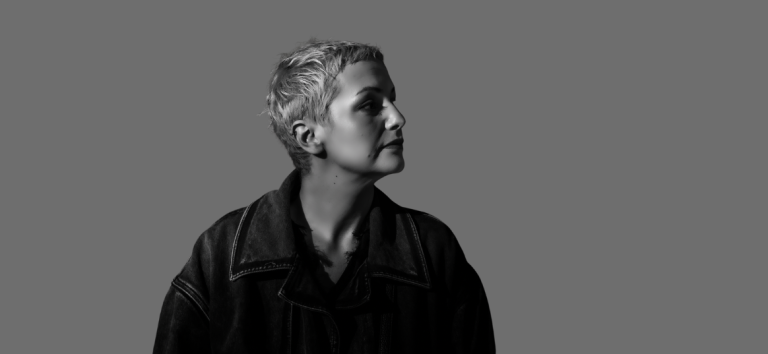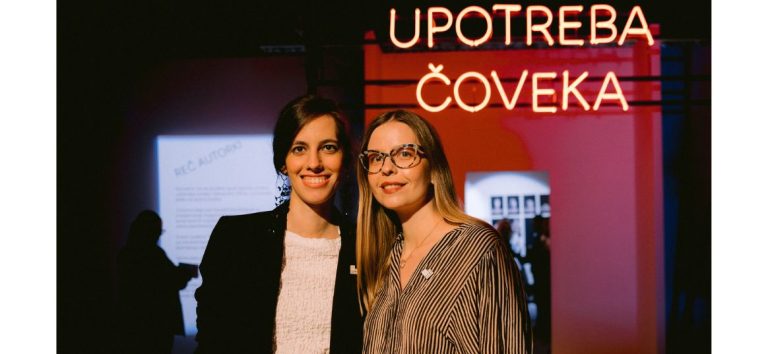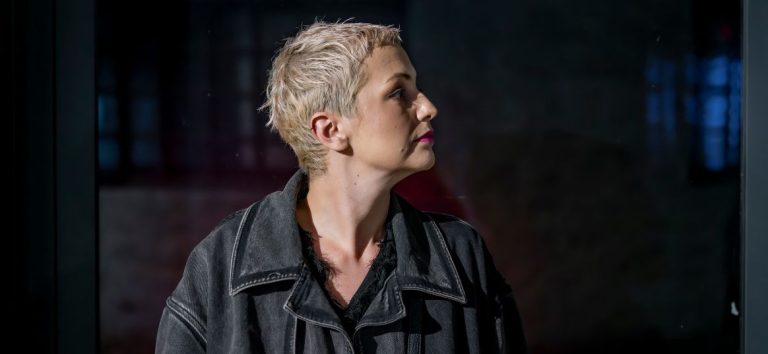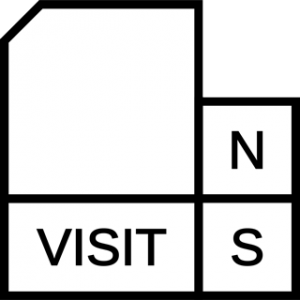The renewed District becomes the centre of excellent musical energy of young performers of the local scene at Doček 7532, where on 13 January a fantastic combination of different genres awaits us. In cooperation with the Serbia Creates platform, the Proizvodnja facility will ‘rock’ from 9 p.m. as Zhiva, Keni Nije Mrtav, KOIKOI, Rouzi & Jowam perform.
We took the opportunity to talk with the young artist Iva Pažin, better known as Zhiva, who will be the first to perform on New Year’s Eve.
Iva Pažin made a significant breakthrough on the local scene with the release of her debut album Preterujem in November this year for Glitch Records. The album consists of nine original songs, creating a mosaic of genres ranging from alternative pop and jazz to hip-hop, drum’n’bass and reggae. What makes the album stand out is its commitment to mental health. ZHIVA strives for the return of quality pop that is not only a product of the industry, but represents the personal musical and life expression and experience of the author. She’s a strong believer in striking the perfect balance between pop and alternative music that audiences will love, so don’t miss her performance in the District on 13 January, and you can get a combined ticket for all concerts on the link.
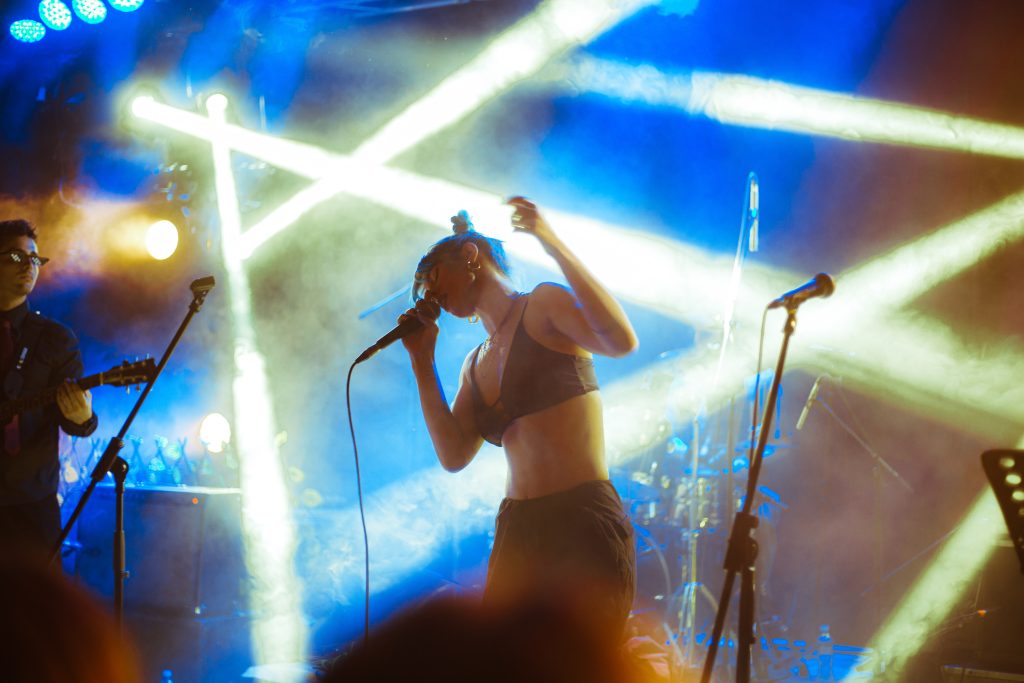
The audience in Novi Sad is eagerly awaiting Doček 7532. What can we expect at your concert in the District?
The audience can expect the unexpected (haha). I’ve been performing intensively with my band for a few months now, and for the Novi Sad audience we’ve refreshed the sound and you’ll be able to hear all the songs from the Preterujem album in a slightly newer manner.
The space where you will hold the concert, in the District, has been renovated thanks to the project and the title of the European Capital of Culture. How do you see the fact that Novi Sad got a space for an alternative art scene that was transformed from a former industrial complex?
I believe that investing in alternative art can never be a failed investment. Novi Sad is considered a city that gave birth to many big names of our alternative scene, and the creation of artistic spaces of this kind opens up the possibility for a new generation of artists whose time is yet to come.
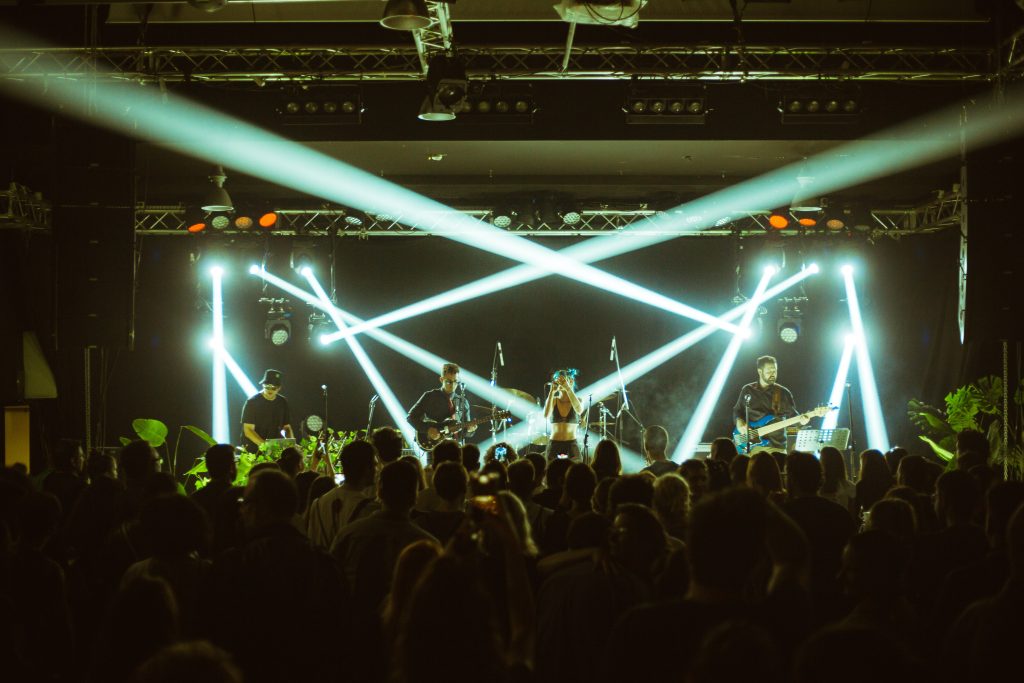
The citizens of Novi Sad are the only ones to have Doček, a unique brand connecting two celebrations of New Year’s Eve, two ways of calculating time, and two alphabets. How do you perceive Doček?
Two celebrations are something that is really specific to our area and that is our wealth. Novi Sad has recognized this specificity as a phenomenon that is worth pointing out in the form of such a phenomenal event, which is reflected in the attendance year after year.
The nine songs on your recently released album are dedicated to mental health, which is a topic that needs to be talked about openly in the language of art as well. How did you decide to dedicate your musical debut to that topic?
First it was a need and a therapeutic process, and then a dedication. Mental health is increasingly in focus, for good reason. I am especially proud of the younger generation, because in the transitional period, through numerous reactions to the album and people’s messages, I realized that there is a very safe space for such conversations.
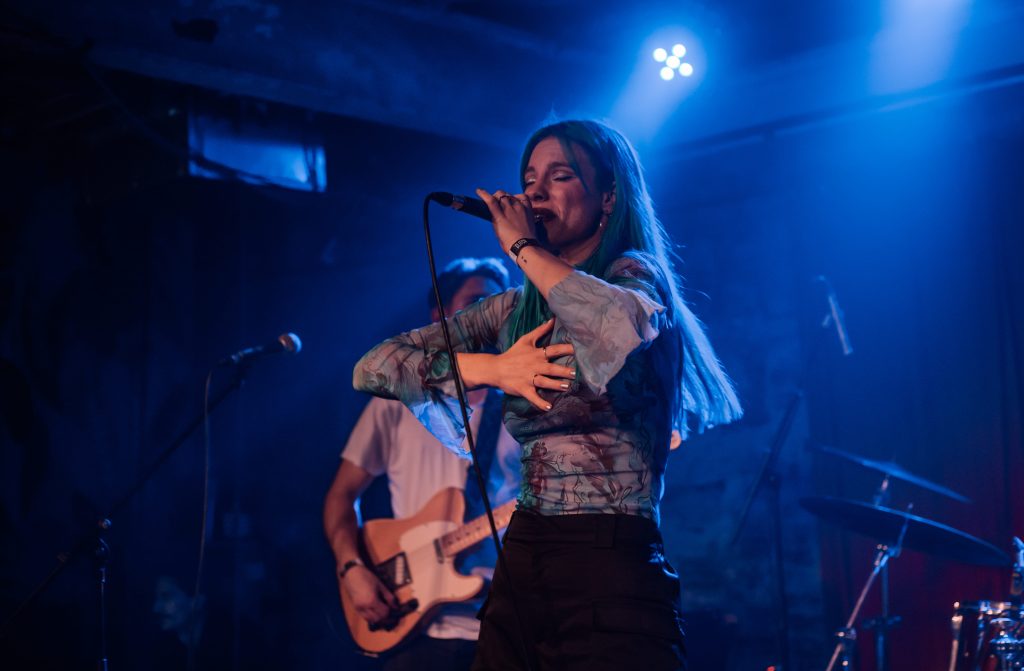
Your genre oeuvre is quite diverse. Did certain musicians have an influence on your creativity, or was the fact that you were in the world of music from a young age a trigger for you to explore yourself in different fields of music?
I would say a little bit of both. From a young age, I explored different genres – from classical, to jazz, to different rock, punk, pop and reggae bands that I was a member of. I noticed that it was very difficult for me to stay in one genre, I was always inspired by a combination – which I think has become almost a standard today.
You have a classical music education, from elementary to the recently completed master’s degree at the Faculty of Music in Belgrade. Have you always known your direction in life? When you decided that music would be your calling, what was the turning point?
First of all, I owe my gratitude to my parents, who enrolled me, as well as my own sister and brother, in elementary music school. Although music has always been my priority (consciously and unconsciously), during my schooling I changed my mind several times about my life direction, because I was interested in a million things (haha). I wouldn’t say that I decided it to be my calling, music was always a necessity for me, and I didn’t resist too much.
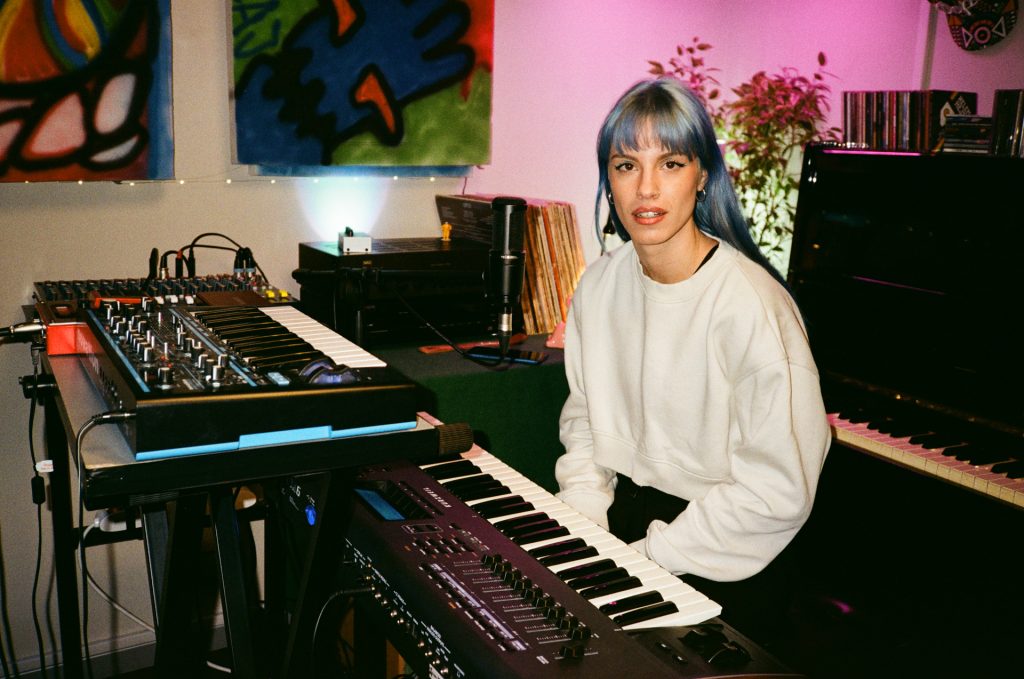
In addition to actively creating music, you are also a member of the Balkan beat gipsy punk band MAIKA. How do you balance working on these two different projects? What is your favourite thing about making music?
Considering that they are quite different expressions, it is not difficult for me, on the contrary – MAIKA is a project in which I can show some of my crazy alter ego. On the other hand, ZHIVA is the most literal myself, with all its insecurities. My favourite is the process of creation with all the specifics that it brings –- happiness, excitement, sadness, questioning, etc. And by far my favourite moment is when I can present it live to the audience.
Author: Marina Marić
Photo: Mihajlo Rakonjac, Stefan Danilović, Petar Stojanović


